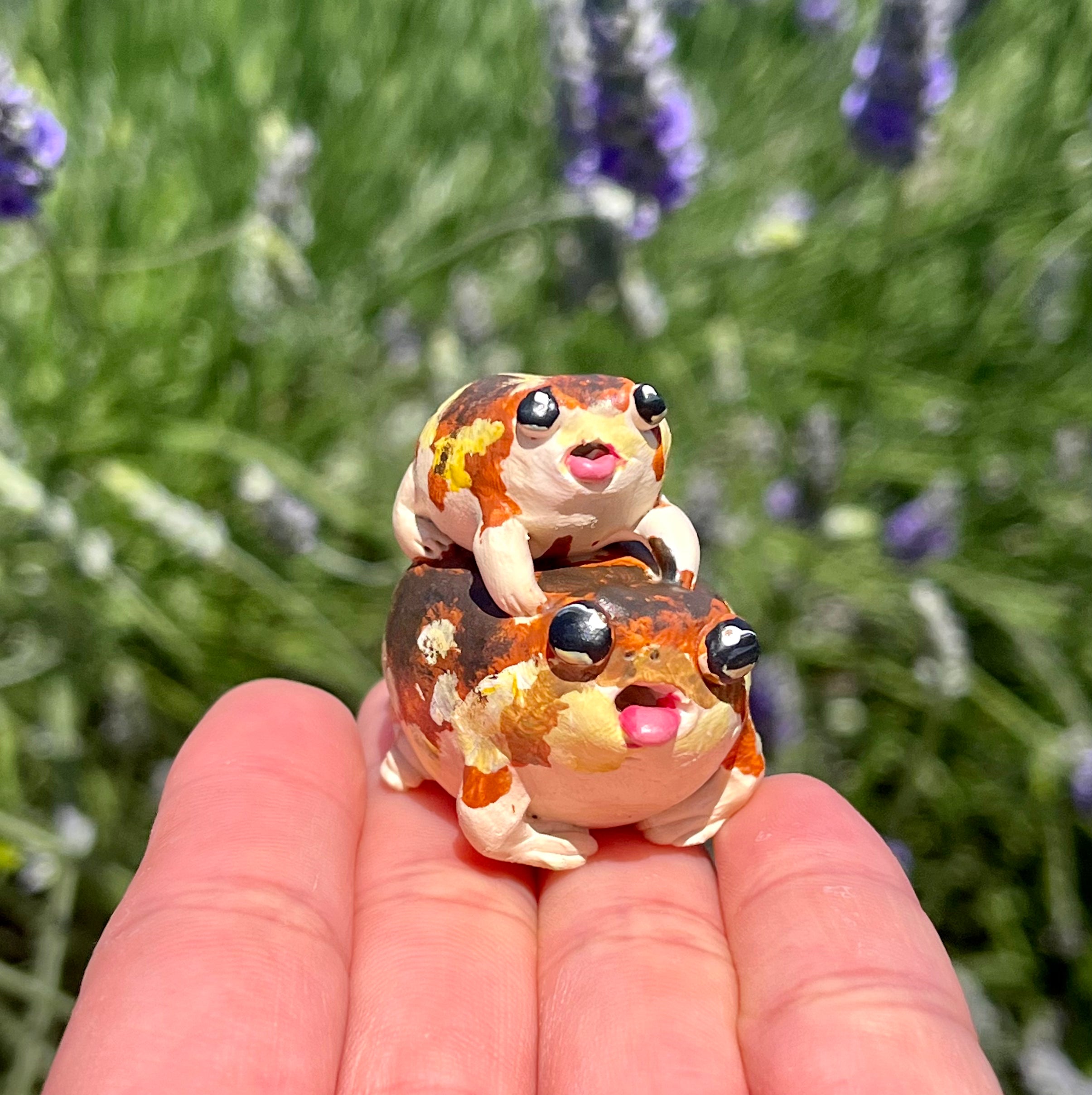Common Health And Wellness Issues in Reptiles: Signs and Solutions
In the complex world of reptile treatment, understanding the usual health and wellness issues that may affect these one-of-a-kind creatures is extremely important in ensuring their health. Whether it's grappling with parasitic problems, navigating dehydration problems, or dealing with skin disorders that manifest in refined ways, being attuned to the signs and equipped with the understanding of reliable services is crucial for any type of reptile proprietor.
Respiratory System Infections
Respiratory infections in reptiles can significantly influence their total health and wellness and need prompt focus from knowledgeable veterinarians. In reptiles, respiratory infections can be specifically testing to diagnose and deal with due to their one-of-a-kind makeup and physiology.
Treatment for respiratory infections in reptiles typically entails a mix of supportive treatment, such as preserving proper moisture levels and temperature level gradients in the enclosure, along with targeted medicine to address the certain microorganism in charge of the infection. It is critical for reptile owners to check their family pets closely for any kind of indications of respiratory distress and seek vet care at the earliest sign of a problem. With prompt treatment and appropriate treatment, lots of reptiles can recuperate fully from breathing infections and resume typical tasks.

Metabolic Bone Disease
What variables add to the development of Metabolic Bone Condition in reptiles?
Metabolic Bone Disease (MBD) in reptiles is primarily caused by a lack of proper calcium, phosphorus, and vitamin D3 levels in their diet. Additionally, inadequate direct exposure to UVB light prevents reptiles from manufacturing vitamin D3, which is crucial for calcium absorption and bone health.
Other adding aspects to MBD consist of incorrect temperature level gradients within the reptile's environment, bring about lowered metabolic rate and damaged calcium absorption. Inadequate humidity levels can additionally influence a reptile's capability to metabolize calcium successfully. Moreover, specific reptile species have specific nutritional demands that, if not met, can raise the chance of creating MBD. Regular vet examinations, proper husbandry techniques, and a balanced diet are vital to prevent Metabolic Bone Condition in reptiles.
Parasitic Problems
Parasitic problems position a substantial health and wellness threat to reptiles, influencing their overall wellness and calling for timely vet focus. Reptiles can be impacted by numerous parasites, including termites, ticks, inner worms, and protozoa. These parasites can trigger a series of signs, such as fat burning, lethargy, skin inflammation, looseness of the bowels, and even death if left unattended.
One common bloodsucker located in reptiles is the mite, which can cause skin anxiety, anemia, and irritability. Ticks are another external parasite that can transfer illness and trigger pain to the reptile. Inner bloodsuckers like worms and protozoa can bring about digestive issues, poor nutrition, and deteriorate the reptile's body immune system.
To detect a parasitical problem, a vet may do fecal examinations, skin scrapings, or blood examinations. Therapy commonly entails deworming drugs, antiparasitic bathrooms, or in serious situations, hospitalization. Preventative procedures such as routine veterinary check-ups, proper health, and quarantine treatments for brand-new reptiles can assist reduce the risk of parasitic problems and make certain the health of reptile family pets.
Dehydration and Hydration Issues
Dehydration in reptiles can dramatically influence their health and wellness and wellness, necessitating timely treatment and proper hydration administration. Reptiles are prone to dehydration due to numerous aspects such as insufficient water intake, high ecological temperatures, and certain health problems. Signs of dehydration in reptiles include sunken eyes, sleepiness, loss of skin flexibility, and reduced peeing. If left without treatment, dehydration can cause major health concerns and even be deadly to the reptile.
To stop dehydration, reptile owners need to make sure why not try these out that their pet dogs have access to clean water in any way times. The water dish must be large enough for the reptile to saturate in if needed, particularly for varieties that absorb water with their skin. Additionally, preserving correct moisture levels in the reptile's room and giving regular baths can aid prevent dehydration.
In situations of dehydration, it is crucial to seek veterinary treatment without delay. A veterinarian may provide liquids either by mouth or through injections to rehydrate the reptile. It is important to address the underlying source of dehydration to stop reappearance and ensure the reptile's general wellness.
Skin Disorders

Verdict

Breathing infections in reptiles can significantly influence their overall wellness and need punctual attention from seasoned veterinarians (rain frog for sale). Preventative actions such as routine vet check-ups, correct hygiene, and quarantine procedures for brand-new reptiles can help decrease the risk of parasitical infestations and make sure the well-being of reptile family pets
If left untreated, dehydration can lead to severe health problems and also be deadly to the reptile.
On a regular basis inspecting your reptile for any type of adjustments in skin texture, color, or look can aid in early discovery and therapy of skin ailments, promoting the general wellness and well-being of your scaly friend. - rain frog for sale
In verdict, reptiles are prone to different health and wellness concerns such as respiratory infections, metabolic bone disease, parasitic invasions, dehydration, and skin conditions.